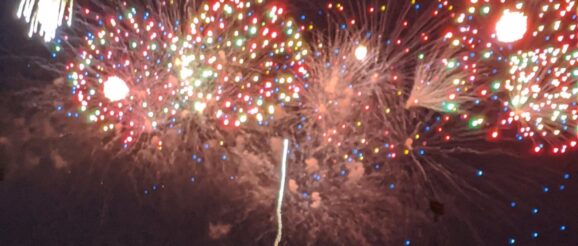For Minor League Teams, Desperation Breeds Innovation

Will anyone ever look back at 2020 wistfully?
We’re in the middle of a year that will likely be a test item for our great-grandkids’ history classes, which isn’t exactly something that seems all that enjoyable to be living through in the present.
While baseball found a way to play in the major leagues, this season will always be known as a desert of discontent.
There was no minor league season, no College World Series, very little high school baseball, and the shortest draft in history.
Many knowledgeable baseball people have been furloughed or have lost their jobs. Without revenue coming in during the season, those job losses were inevitable while teams and owners tried to figure out a way to survive for 18 months without meaningful income.
The coronavirus pandemic is the force majeure event for which nobody believed baseball could prepare. Even with uncannily perfect foresight, there is little that any minor league, college or high school team could have done to stanch the bleeding. Their seasons were always going to be wiped out, and the financial ramifications from those cancellations will have effects for years.
When it comes to the minor leagues, though, an unthinkably awful year could provide the impetus for further creativity. As anyone who has ever attended a minor league game knows, minor league front office staffs are quite creative. By necessity, this year has forced everyone to try things that would never have gotten off the ground in a normal year.
When we are able to look back on 2020 from a safe distance, it’s entirely possible it will have birthed a variety of meaningful, long-lasting ideas for minor league teams.
When casting around for ideas, Pensacola owner Quint Studer’s daughter Mallory came up with the idea of turning the Blue Wahoos’ locker room into an Airbnb so they could rent it to families who wanted a special baseball experience. It’s been so successful that Pensacola has turned its visiting clubhouse into a second Airbnb experience.
That idea will likely last long after the pandemic has ended, and could continue spreading across the country. After all, there are plenty of facilities which could fulfill fans’ dreams of spending a night at the ballpark, catching fly balls in the outfield and trying to blast a ball over the fence.
That’s only one idea, but a multitude of others have gained traction.
Minor league teams have found they can get fans to come through the gates for socially-distanced movie nights—and they quickly learned fans would rather sit in the outfield on blankets than in the stands.
Other teams have discovered that there is significant demand for their food at times other than between innings. A number of teams have set up drive-throughs in their parking lot to sell and dole out dinners. Others have set up restaurants in the infield.
At least one owner said if he was going to build a new park, he would consider adding a drive-through. Others might rethink the idea of having a part of their ballpark accessible during the work week if it makes financial sense to run a bar or a restaurant on site as a regular operation.
Fireworks have been proven to be a draw, game or no game. Teams have built golf courses in the stadium. Others, including the Blue Wahoos and Portland Sea Dogs have hosted disc golf.
In many cases, these have been decisions based around desperation. Teams were willing to try almost anything to bring in the revenue that could make the difference when it comes to having to implement more furloughs or layoffs.
Desperate though minor league teams may be, there alternate plans are working in many cases.
None of these ideas has come close to replacing the revenue that a normal Friday night at the ballpark brings in during a typical season. Assuming the average fan spends $20 in total on a ticket, parking, concessions and souvenirs at a game, a team earns $100,000 in revenue on a weekend night with 5,000 fans in the stands. Many of these ideas have brought in a few hundred—or in the best cases a few thousands—of dollars a night.
But they have shown the potential for minor league teams to further turn ballparks into more than just a site for 70 home games. That was already true to an extent, but this year has realized the idea’s full potential, even in the midst of a pandemic that prevents mass gatherings.
These events also bring an entirely new audience to the ballpark. Once fans have gotten comfortable coming to the park for trivia or fireworks, teams hope some of those newfound customers will one day return for a baseball game.
We will know how long-lasting these ideas can be based on how teams staff their front offices in the future. One of the limiting factors preventing teams from doing this in the past was the fear of burning out the staff. During the minor league season, team employees work long hours whenever the team is in town. When the team hits the road, the last thing the baseball operations side needs is another night at the ballpark.
But the Blue Wahoos have found they are making enough revenue on non-baseball events that they can justify having a full-time events coordinator and separate part-time staff to handle other events that take place while the team is on the road.
If teams find they can justify hiring staff to work these non-baseball events once baseball returns, it will mean minor league teams have managed to turn their ballparks into year-round community centers many of them have strived to develop.
And that would mean that something good for baseball would have come from baseball’s most difficult year.
